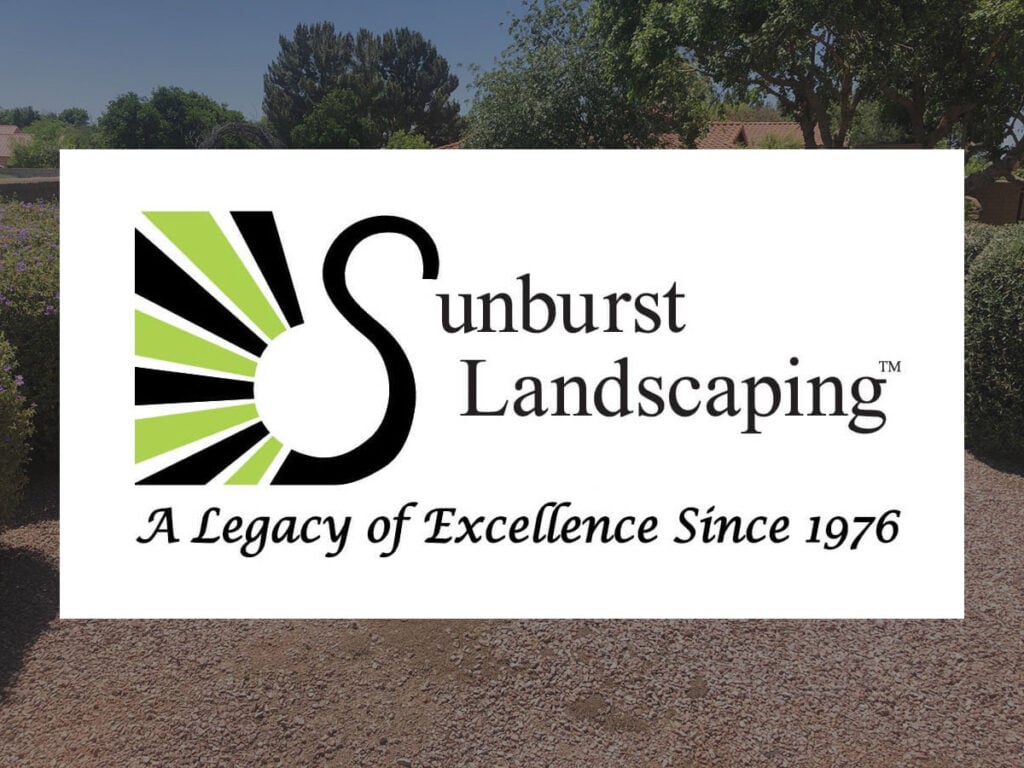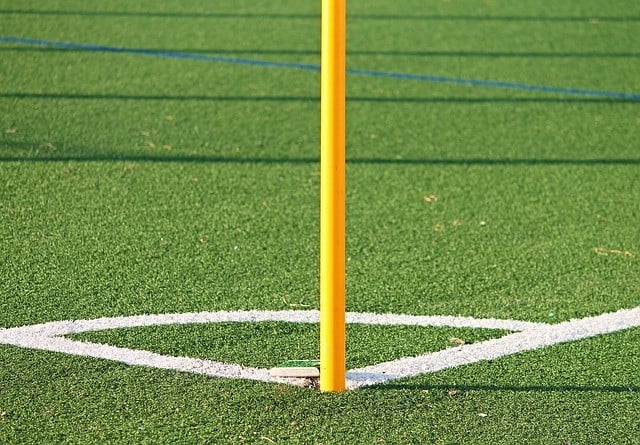Staying at a hotel resort typically provide guests a means to escape the boring, mundane, and ordinary. They seeking new and comfortable places. However, the Phoenix heat doesn’t exactly provide the sort of comfort they may be seeking. Time by the pool is great, but it may not be so great when their feet get scorched by the pavement.
One solution to such a problem is to install artificial turf in certain areas of your property. Whether it’s by the pool or around a comfy sitting area, artificial turf provides the homey feel and coolness of grass without the effort of maintaining it in the extreme heat of a Phoenix summer.
Artificial turf is a convenient and aesthetically pleasing investment that can provide several benefits to you, your guests, your community, and the environment at large.

Durability
Commercial properties require an immense investment of time and money on upkeep. A big chunk of that upkeep may be on real grass lawns that constantly beg for your attention. The combination of guests walking throughout your property and the scorching sun means a lot of damage to grass and a constant struggle to keep it growing.
Because it requires little to no maintenance, a one time investment in artificial turf provides the beauty of perfectly maintained natural grass at less cost.
Eco-Friendly
Most people are wary of artificial grass due to a lot of undeserved backlash for its seemingly antagonistic effects on the environment. On the contrary, artificial turf is actually a lot more environmentally friendly than natural grass for many reasons.
For one, artificial turf doesn’t need to be watered regularly to keep it healthy-looking. Gone are the days when thousands of gallons of water are spent just to keep lawns looking their absolute best. This is good news in the desert of Phoenix where drought is always a looming threat.
Fertilizers are needed for natural lawns to thrive, but the chemical reactions caused by land fertilizers affect not only the terrestrial ecosystem, but the marine ecosystem as well. Artificial turf, on the other hand, does away with the harsh chemicals or fertilizers that natural grass needs.
On top of all these, artificial turf is oftentimes made from recycled rubber and plastics, keeping these materials out of landfills. These reasons alone should make a compelling case on the eco-friendliness of artificial grass.
An Effective Drainage without the Mess
Without the natural drainage that comes with live grass, you may be worried about such effects artificial turf might have. However, artificial turf is installed with a drain system that does the job just as well as natural grass would. Whether rain comes in bit by bit or pours, drainage will be just as efficient and maintainable as it would be with a live lawn. The only notable difference will be the absence of mud on an artificial turf.
Aesthetically Pleasing
You may think that nothing compares to the beautiful look of a live and thriving natural lawn, but that’s just not the case here. If you’re worried about losing the authentic look and feel of a live lawn, there’s no need to fear.
Artificial turf often comes with an array of choices with color and texture ranges to simulate the look of a live lawn. The best turf is crafted blade by blade to create an authentic look and feel of grass without harming the environment. It also does away with worries about durability and the intense amount of time and labor it takes to maintain real grass.
When your guests come to stay at your commercial property, they are seeking a paradise all their own. Help them escape to one by creating a green getaway through the use of durable, eco-friendly, and beautiful artificial turf. Doing so will make guests happy and more likely to come back to your property.
Contact us today to get started.
Sources:
The Damaging Effects of Fertilizers on Marine Ecosystems, leisurepro.com damaging effects fertilizers marine ecosystems
Arizona Drought, azclimate.asu.edu
azclimate




